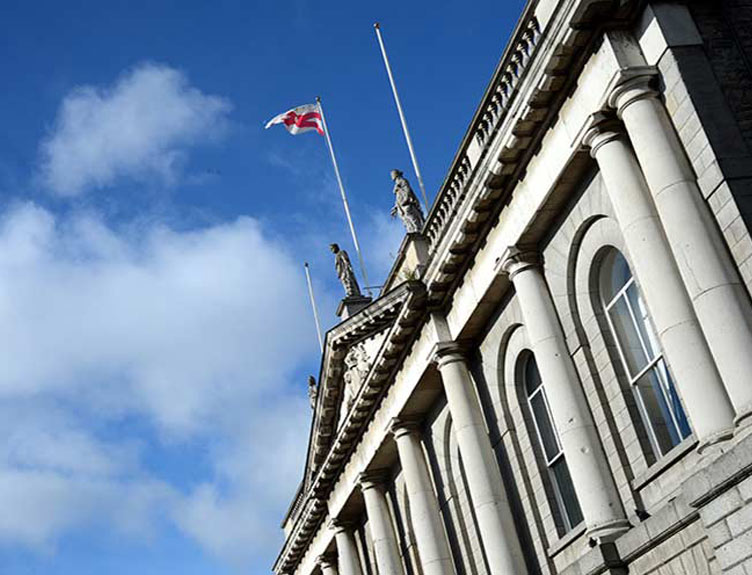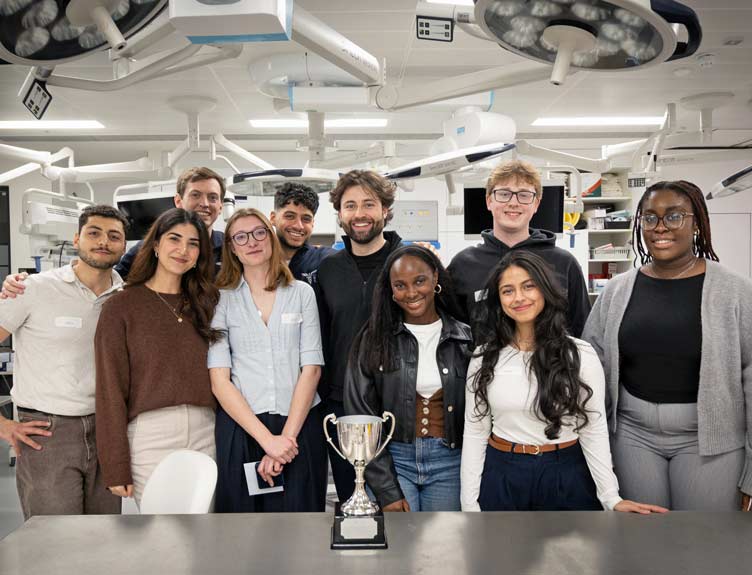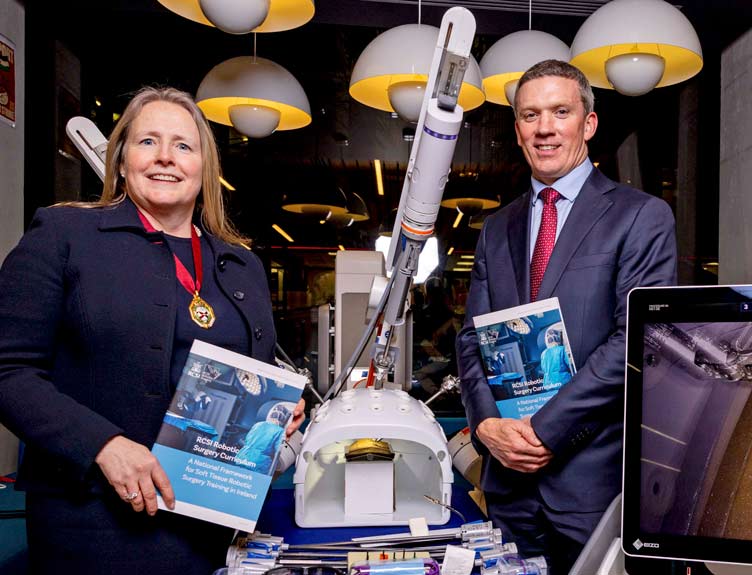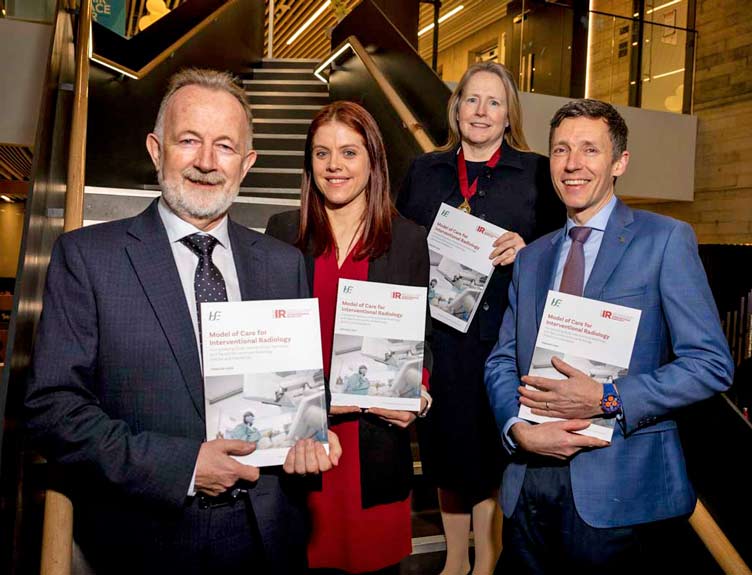Cases of cutting-edge twin surgery in Ireland show world-class outcomes

A new study of the first 100 cases in Ireland of laser surgery for a life-threatening condition in unborn twins has shown outcomes as good as the world's other leading fetal medical centres.
The study, led by RCSI (Royal College of Surgeons in Ireland), together with The Rotunda Hospital and the National Maternity Hospital was published in the European Journal of Obstetrics and Gynaecology and Reproductive Biology.
The high-tech surgical procedure is carried out on twins in the womb for a condition called twin-to-twin transfusion syndrome (TTTS), a life threatening complication of identical twin pregnancies. In TTTS, abnormal blood vessels in the shared placenta result in blood being transferred disproportionately from one twin to the other. If left untreated, at least 90% of such cases result in the death of one or both babies.
Senior author on the study, Professor Fergal Malone, Professor and Chairman of the RCSI Department of Obstetrics and Gynaecology at The Rotunda Hospital said, "Our study of these first 100 cases performed in Ireland demonstrates that our specialist obstetricians remain at the cutting edge of global developments in fetal surgery. We are achieving outcomes for Irish mothers and babies that are as good as those available in the world's other leading fetal medical centres."
The procedure to treat severe twin-to-twin transfusion syndrome uses technology known as fetoscopic laser ablation. It involves placing a tiny camera called a fetosocope through the mother's abdomen and into the womb and a laser fibre is used to find and remove the abnormal blood vessel between the twins. This restores a separate circulation in each twin and improves complications associated with the condition including heart failure and restricted growth. There was an overall survival rate of approximately 75% for those who underwent the procedure.
Whilst there is no way to prevent the syndrome, it can be detected and treated with close monitoring of a twin pregnancy. "It is critically important that pregnant women have an ultrasound examination before 12 weeks gestation to confirm twins, and to confirm whether or not both babies share one placenta. For mothers with twins that share a placenta, it is essential that they have ultrasound examinations at least every two weeks from 16 weeks gestation onwards, so that the features of twin to twin transfusion syndrome can be discovered in time to allow life-saving fetal surgery," Professor Malone concluded.
The study examined the first 105 cases of the surgical procedure carried out in Ireland as part of the Irish National Fetal Laser Programme, which was established in 2006 to ensure that patients in Ireland with complicated twin pregnancies could avail of the most highly advanced treatments.
A single fetal surgical team from The Rotunda and The National Maternity Hospitals, under the direction of Professor Fergal Malone, together with Professor Fionnuala McAuliffe and Dr Stephen Carroll at the National Maternity Hospital, acts as a national referral centre for all 19 obstetric units in Ireland.
The first author on the study is Dr Sieglinde Müllers, Clinical Lecturer and Research Registrar at RCSI, Rotunda Hospital, Dublin who, with colleagues in the RCSI Department of Obstetrics and Gynaecology and in The Rotunda Hospital, published the study along with co-authors from the UCD School of Medicine and Medical Science, National Maternity Hospital, UCC, Cork University Maternity Hospital and The Coombe Women and Infants University Hospital, Dublin.



